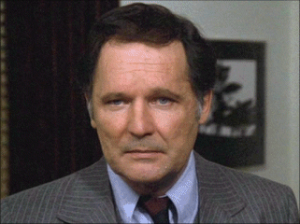Rodents, bugs, filth and expired food have caused nearly 300 supermarkets, greengrocers and delis to be slapped with fines over the past six years, data from the New South Wales Food Authority shows.
The IGA Plus Liquor store in East Lindfield is the biggest repeat offender, receiving 11 fines totaling $5,280 for breaching food safety rules since 2009.
Despite being penalised two years ago for displaying food for sale past use-by dates, it committed the offence again. In August, it received three fines for peddling expired feta  cheese, quince paste and steak.
cheese, quince paste and steak.
An analysis of nearly 600 penalty notices issued to grocery retailers across the state since mid-2008 revealed one in 10 notices related to the selling of expired food.
Others concerned the failure to eradicate bug infestations and stop rodent activity, the failure to display potentially hazardous food under temperature control, filthy premises and grimy equipment, and the mislabelling of products. Most received prior warnings.
An employee at IGA East Lindfield, who refused to be named, said a Ku-ring-gai Council food inspector had fined them on ”very little things that shouldn’t be an offence,” such as running out of paper towels for the staff’s hand basin.
The fines for selling expired food were unfair, he said.
Since 2008, the state’s councils and the NSW Food Authority collected $400,000 in fines from transgressing supermarkets, groceries and delis. Fairfield Council holds the lion’s share at $45,650, followed by Willoughby Council ($29,150) and Blacktown Council ($18,920).
However, the compliance rate for all food businesses in the three council areas hovered between 89 per cent and 93 per cent in the past financial year.
Among the supermarket giants, 14 Coles stores were hit with 17 fines and eight Woolworths stores received 10 fines. The most recent fine was against the Pemulwuy Woolworths, which displayed barbecue chicken pieces outside the safe temperature zone.
Gavin Buckett, a food safety auditor of 12 years and founder of the consultancy firm Gourmet Guardian, said Woolworths and Coles had better training systems, signage with work instructions and systems to prevent recalled items being sold.
He said smaller businesses were more likely to source products from unaudited overseas suppliers without applying rigorous quality checks.
